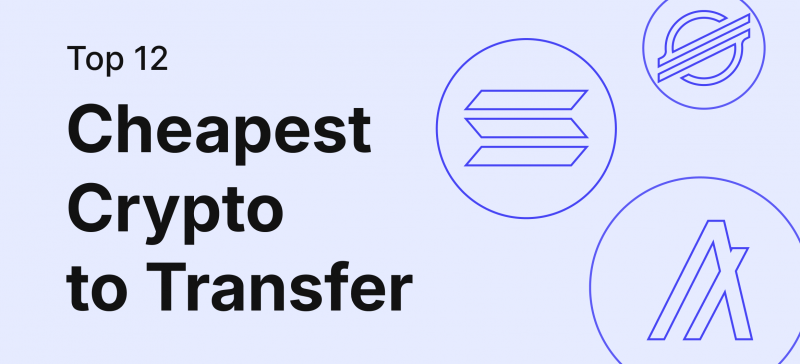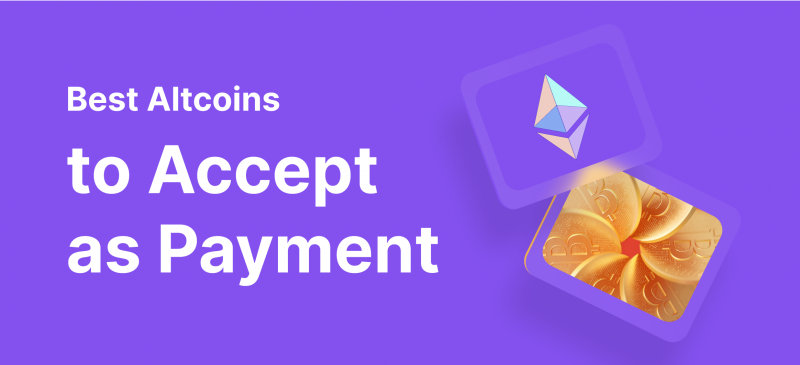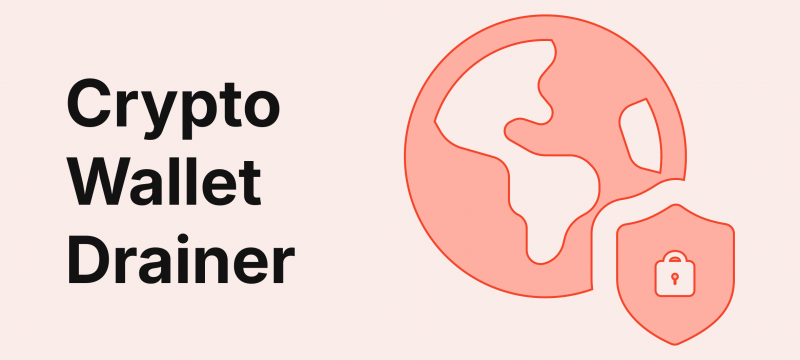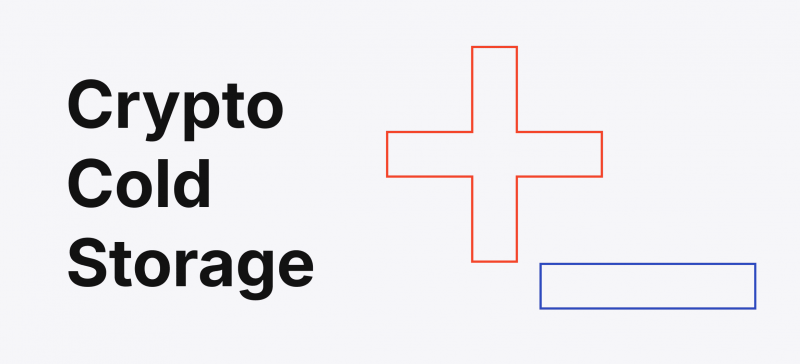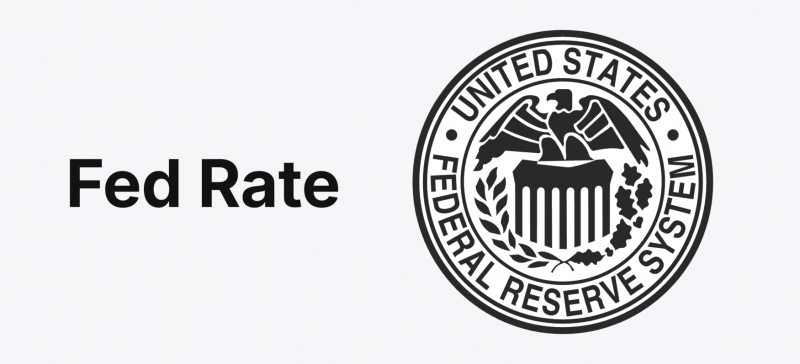When picking a virtual asset for transfers, one of the most important things to think about is the transaction fee. Whether you’re making lots of small transfers, sending money home, or creating decentralized apps (dApps), high transaction fees can severely eat into your budget. So, which cryptos are the cheapest?
Key Takeaways
- Nano offers zero transaction fees, making it the cheapest cryptocurrency for frequent, small-value transfers.
- Stellar and Ripple are ideal for fast and affordable cross-border payments with minimal transaction costs.
- Algorand, Monero, and Dash provide low fees and specific advantages like privacy, eco-friendliness, and scalability.
- Beyond transaction fees, factors like speed, scalability, and adoption are crucial when choosing the best cryptocurrency for transfers.
What Influences Transaction Fees of Crypto Assets?
Transaction fees in the world of cryptocurrency can vary based on a few important factors:
- Network Demand: The busier the network, the higher the fees as users bid for space in the next block.
- Consensus Mechanism: Different cryptocurrencies use different methods to confirm transactions. For example, Bitcoin’s Proof-of-Work (PoW) requires a lot of computing power and energy, which drives up costs. On the other hand, consensus mechanisms like Proof-of-Stake (PoS) usually have lower fees.
- Block Size and Scalability: Some cryptocurrencies can process more transactions per second (TPS), reducing congestion and fees.
- Other Factors: These include governance, environmental impact, and innovations like sharding or sidechains.
Now, let’s explore some of the top low-fee cryptocurrencies and discover how they manage to keep transaction costs down.
Nano (XNO)
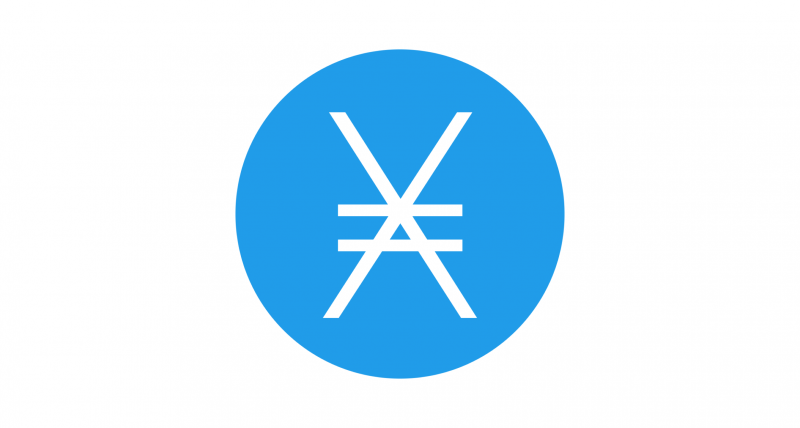
Nano is an extraordinary cryptocurrency because it has no transaction fees. The secret to Nano’s zero-fee structure lies in its unique technology—Directed Acyclic Graph (DAG). Unlike traditional blockchains, DAG doesn’t require miners, which eliminates the need for fees that miners usually demand.
Nano is perfect for small, everyday transactions, and its network supports near-instant transaction speeds, making it the cheapest transaction fee crypto for frequent micropayments. However, its limited adoption means it’s not accepted as widely as other coins.
Why Nano?
- Transaction fee: $0
- Key feature: Zero fees and almost instant speeds
- Best for: Micropayments and frequent transfers
Stellar (XLM)

Stellar aims to make financial services accessible for everyone, particularly when it comes to cross-border payments. Stellar has a minimum fixed fee of 0.00001 XLM per transaction, which is equal to $0,0000009 as of the time of writing. This makes it one of the fastest and cheapest crypto to transfer today.
Stellar is an attractive choice for anyone sending money internationally or engaging in remittance services. Its Stellar Consensus Protocol (SCP) ensures that transactions are processed quickly and securely.
Why Stellar?
- Transaction fee: $0,0000009
- Key feature: Fast, low-cost cross-border payments
- Best for: International transfers and financial inclusivity
Solana (SOL)
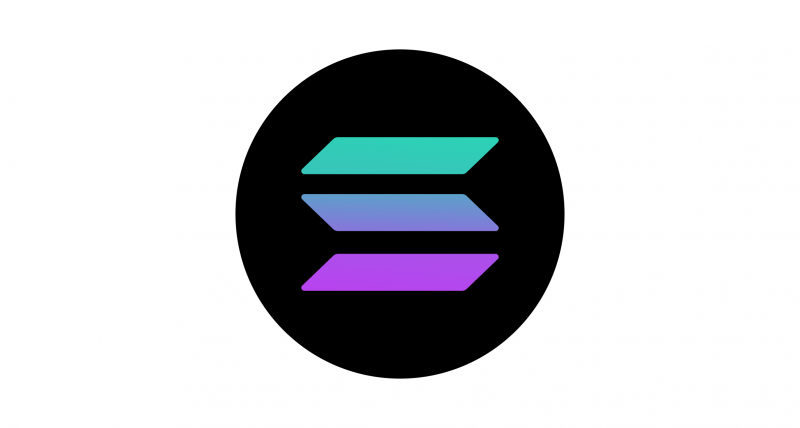
Solana is known for its high throughput and low fees, making it popular in DeFi and NFT markets. With fees around $0.00025, Solana’s efficiency makes it ideal for developers and traders looking for the cheapest way to transfer crypto.
Why Solana?
- Transaction fee: $0.00005-0.00025
- Key feature: High-speed, low-cost transactions
- Best for: DeFi and NFT users
Algorand (ALGO)
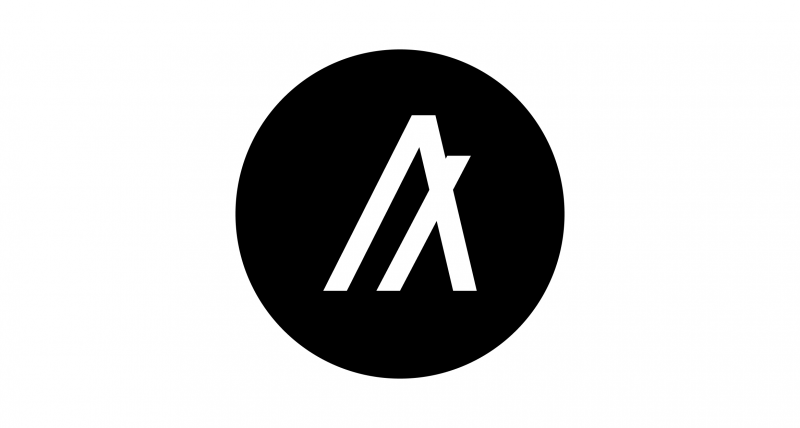
Algorand is a smart contract platform using PoS consensus. The currency boasts a fixed minimum fee of 0.001 ALGO per transaction, or $0,0001. Known for its eco-friendly approach, Algorand has positioned itself as a sustainable and scalable blockchain.
With its low fees, Algorand is a great choice for users who want to explore DeFi, NFTs, or even develop dApps without worrying about high transaction costs.
Why Algorand?
- Transaction fee: $0,0001
- Key feature: Eco-friendly blockchain with DeFi and NFT capabilities
- Best for: Developers and users looking to build or explore DeFi and NFTs
Litecoin (LTC)
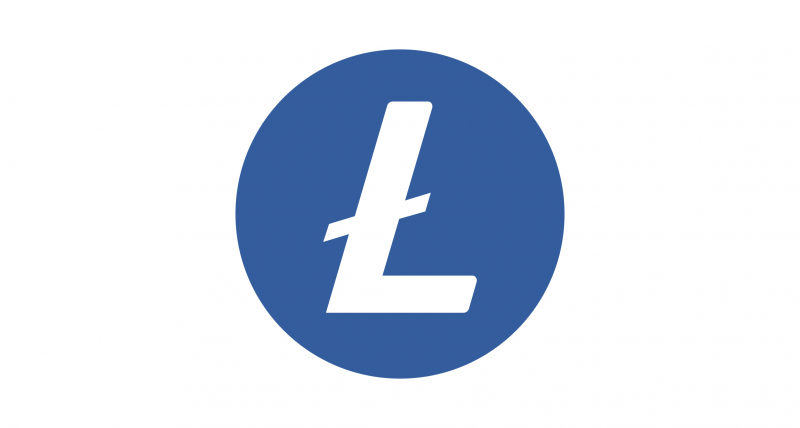
Litecoin has been a popular alternative to Bitcoin, offering faster transactions with lower fees, with a median cost of $0.0007. It’s a solid low-fee crypto option for users looking for a well-established, cost-efficient alternative to Bitcoin.
Why Litecoin?
- Transaction fee: $0.0007
- Key feature: Bitcoin alternative with faster, cheaper transactions
- Best for: Long-term users seeking stability and lower fees
Ripple (XRP)
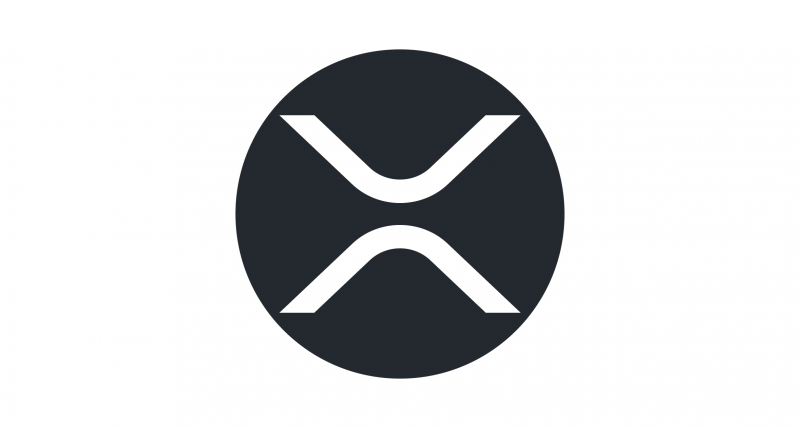
Ripple has gained massive traction for facilitating fast, low-cost international payments. XRP’s average transaction cost of $0.0014 makes it an affordable cryptocurrency for cross-border transactions. XRP offers a reliable solution for transferring money between countries at a fraction of the cost of traditional banking.
Ripple uses a consensus protocol called RPCA, which allows for rapid, low-cost transactions, making it a go-to for many financial institutions.
Why Ripple?
- Transaction fee: $0.0014
- Key feature: Fast and cost-effective international transactions
- Best for: Cross-border payments and remittances
Dash (DASH)
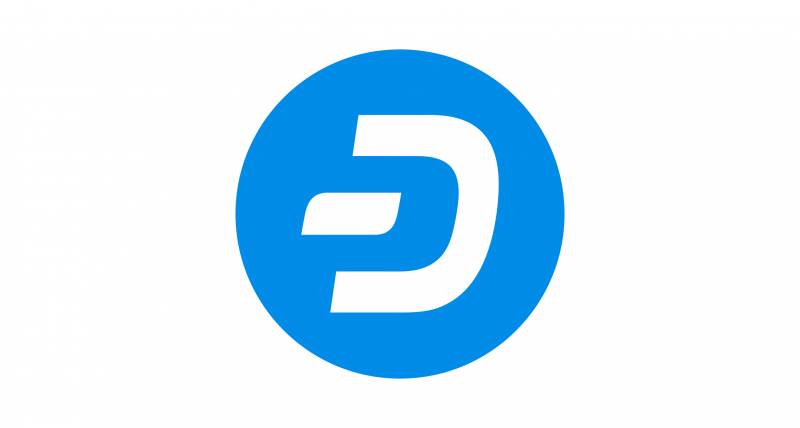
Dash combines Proof-of-Work mining with a masternode network, offering low fees and fast payment processing. With a transaction fee of $0.0015, Dash is known for quick, efficient transfers, often completed in just a few seconds.
Additionally, Dash’s PrivateSend functionality enhances privacy, making it an attractive option for users who want low fees without sacrificing security.
Why Dash?
- Transaction fee: $0.0015
- Key feature: Fast, low-fee transactions with enhanced privacy
- Best for: Daily payments and users prioritizing fast transactions
Bitcoin Cash (BCH)
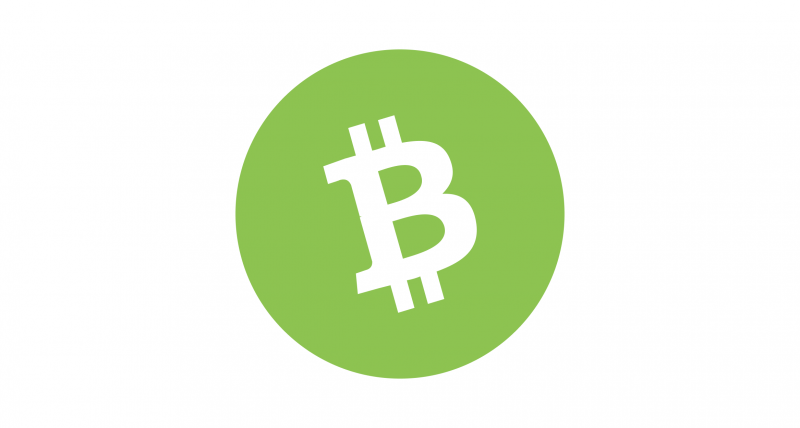
Bitcoin Cash was created to solve Bitcoin’s scalability issues, enabling larger blocks and thus lower fees. At an average fee of $0.0077 per transaction, Bitcoin Cash is a more affordable alternative to Bitcoin, particularly for users interested in smaller-value transactions.
While it doesn’t have the massive adoption of Bitcoin, Bitcoin Cash is ideal for those who want lower fees while still utilizing a network with a solid track record.
Why Bitcoin Cash?
- Transaction fee: $0.0077
- Key feature: Scalable, low-fee alternative to Bitcoin
- Best for: Small-value transactions with lower fees
NEAR Protocol (NEAR)

NEAR Protocol uses sharding and a PoS consensus mechanism to ensure low fees and scalability. The protocol takes a minimum of 0.000045 NEAR ($0,0002) per transaction for transferring NEAR, making it ideal for those looking to develop on a scalable, developer-friendly platform.
Why NEAR Protocol?
- Transaction fee: $0,0002
- Key feature: Scalable with low fees and fast finality
- Best for: dApp developers and early web3 users
Zcash (ZEC)
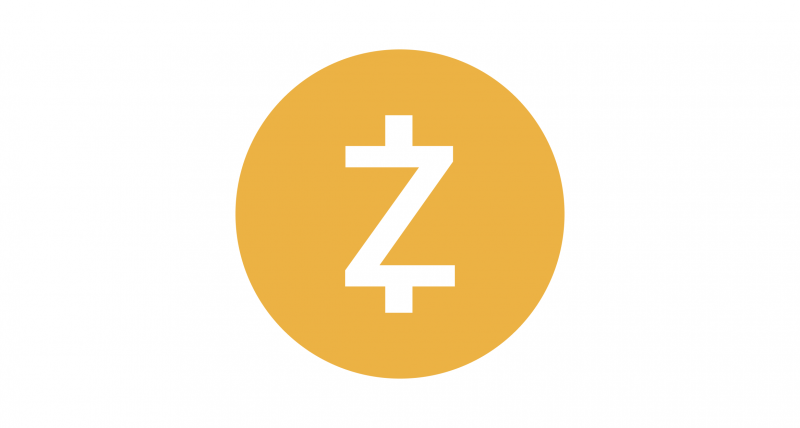
Zcash provides users with the option to send encrypted transactions using zero-knowledge proofs to ensure privacy. At an average cost of $0.02 per transaction, it’s one of the more cost-effective privacy coins.
Why Zcash?
- Transaction fee: $0.02
- Key feature: High privacy with reasonable fees
- Best for: Privacy-conscious users seeking low fees
Monero (XMR)
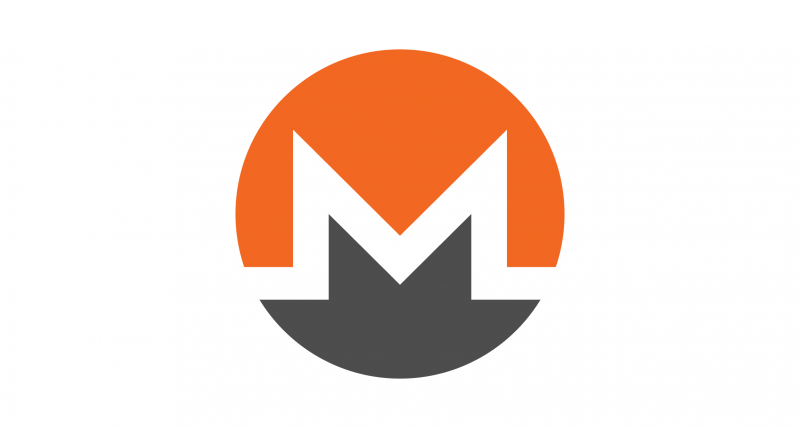
Monero is best known for its privacy features, ensuring that user identities and transactions remain anonymous. While Monero isn’t primarily marketed for its low fees, its transaction costs—around $0.03-0.05—are very affordable.
Monero’s focus on privacy and security makes it an excellent option for users who prioritize anonymity in their financial transactions without having to pay high fees for that security.
Why Monero?
- Transaction fee: $0.03-0.05
- Key feature: Focused on privacy with low fees for transfers
- Best for: Users prioritizing anonymity
Dogecoin (DOGE)

Despite its origins as a meme coin, Dogecoin has become a major player in the crypto space, boasting low transaction fees of around $0.03. This makes it a great choice for frequent, small-value transfers.
Why Dogecoin?
- Transaction fee: $0.03
- Key feature: Low fees with a fun community backing
- Best for: Frequent small-value transactions
Factors to Consider Beyond Fees
While transaction fees are important, they’re not the only factor to consider when selecting a cryptocurrency for transfers:
- Speed: How quickly transactions are confirmed can be crucial. Coins like Nano and Dash offer nearly instant transfers.
- Scalability: As network demand grows, some blockchains become congested, leading to higher fees. Scalability solutions like sharding help prevent this.
- Adoption: Low-fee options like Nano might not be widely accepted. If a coin isn’t popular, it’s not as useful for everyday transactions.
- Privacy: If keeping your finances private is important to you, look into privacy coins like Monero and Zcash. They offer extra features for anonymity, though they might come with slightly higher fees.
Conclusion
Choosing the cryptocurrency with the lowest fees depends on your specific needs. If you want zero costs, Nano is the way to go. For international payments with low costs, Stellar or Ripple may be better choices. And if privacy is your top priority, Monero and Zcash excel in keeping your transactions anonymous at low fees.
Don’t just focus on fees; think about speed, scalability, security, and how well the coin fits into the bigger picture before deciding.
